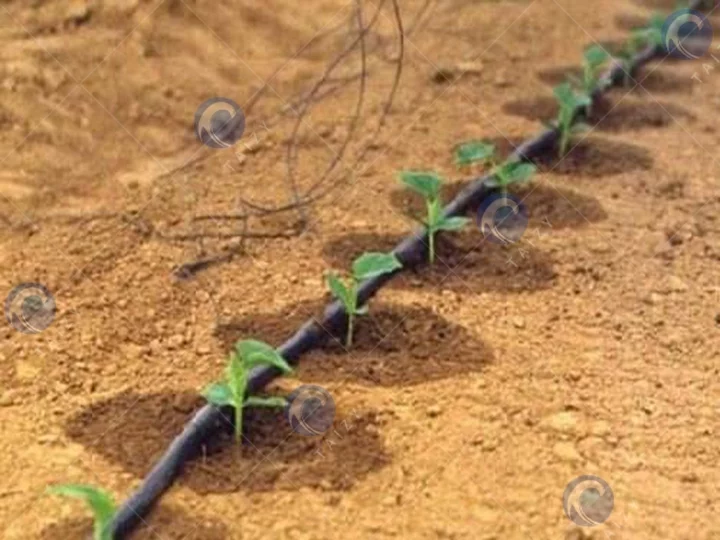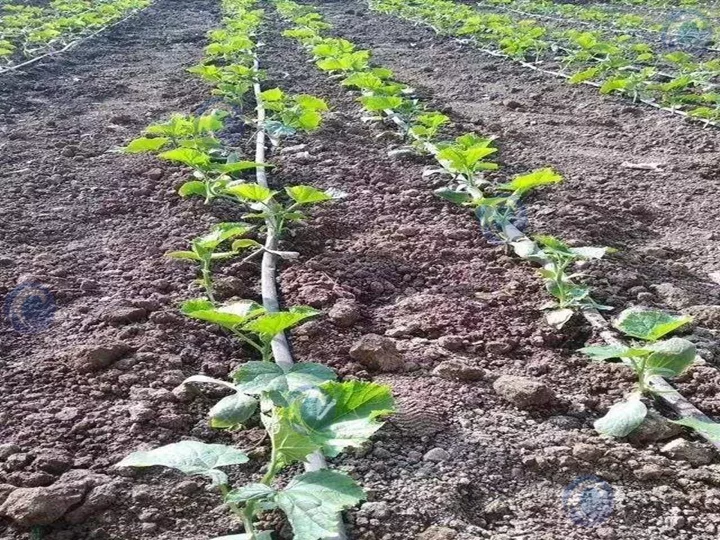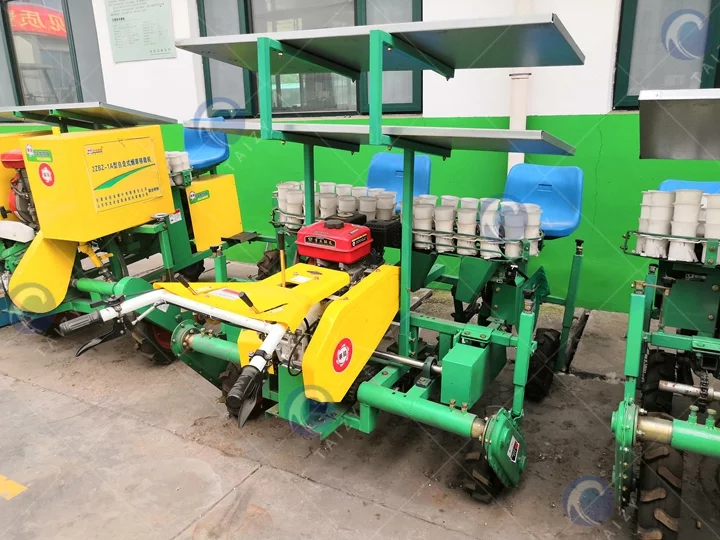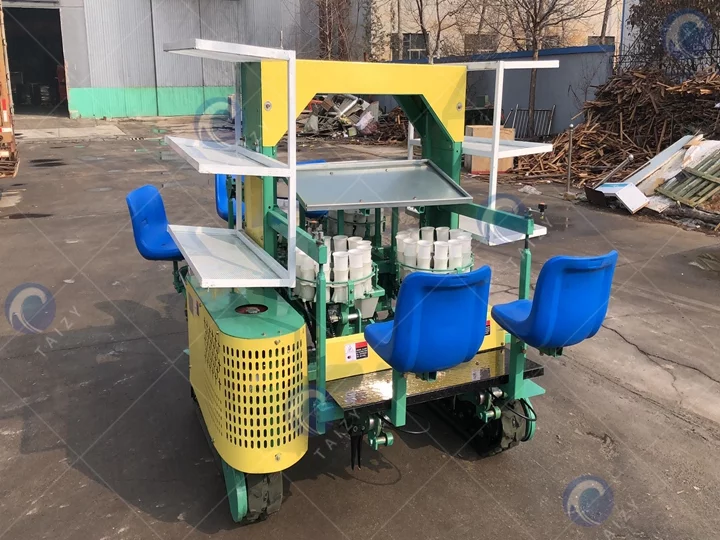Làm thế nào để chọn được máy cấy phù hợp nhất?
Khi nông nghiệp tiến tới hiện đại hóa, sự chú ý dồn vào các loại tự hành và bánh xích máy cấy.
Để đáp ứng tốt hơn nhu cầu sản xuất nông nghiệp, chúng tôi trình bày so sánh toàn diện về hai loại máy này nhằm hỗ trợ người nông dân đưa ra quyết định sáng suốt khi mua thiết bị.


Máy cấy ghép tự hành:
- Thích hợp cho các hàng làm việc nhỏ, chẳng hạn như 2 hàng và 4 hàng. Tuy nhiên, không nên trồng ở diện tích trồng quá 4 hàng.
- Không nên trồng ở những không gian nhỏ hơn 15 cm.
- Được thiết kế chủ yếu cho các cánh đồng nhỏ, chẳng hạn như nhà kính, mảnh đất lớn, địa hình đồi núi và cũng có thể hoạt động hiệu quả với các rặng núi. Kích thước nhỏ gọn và khả năng vận hành thân thiện với người dùng giúp nó phù hợp với nhiều môi trường khác nhau.

Máy cấy kiểu bánh xích:
- Sự khác biệt đáng kể nhất so với máy tự hành nằm ở bánh xe. Máy kiểu bánh xích sử dụng đường ray bánh xích, giống như xe tăng, mang lại sự ổn định cao hơn với khung đặc biệt trong quá trình vận hành.
- Lý tưởng cho không gian trồng hẹp và khoảng cách hàng, chẳng hạn như 10×10 cm với mật độ trồng cao. Cấu hình Plant-Row có thể dao động từ 2 đến 12 hàng. Vì vậy, đối với các trường hợp có không gian trồng nhỏ hơn và mật độ trồng cao hơn, nên chọn máy cấy kiểu bánh xích.
- Được thiết kế chủ yếu cho các vùng đất nông nghiệp rộng lớn, đặc biệt là địa hình bằng phẳng không có rặng núi. Máy kiểu bánh xích thể hiện hiệu quả làm việc cao, đặc biệt ở những khu vực bằng phẳng, thoáng đãng.

Phần kết luận
Thông qua sự so sánh toàn diện này, nông dân có thể đưa ra những lựa chọn sáng suốt dựa trên nhu cầu trồng trọt, quy mô cánh đồng và địa hình. Máy tự hành phù hợp với các kịch bản trồng trọt nhỏ hơn, linh hoạt, trong khi máy loại bánh xích vượt trội trong môi trường trồng trọt quy mô lớn, mật độ cao.
Khi lựa chọn máy cấy, việc điều chỉnh máy phù hợp với điều kiện thực tế của đồng ruộng chắc chắn sẽ nâng cao năng suất nông nghiệp và sự tiện lợi.